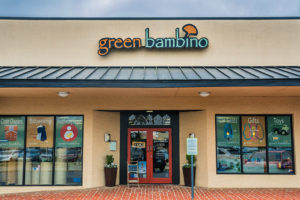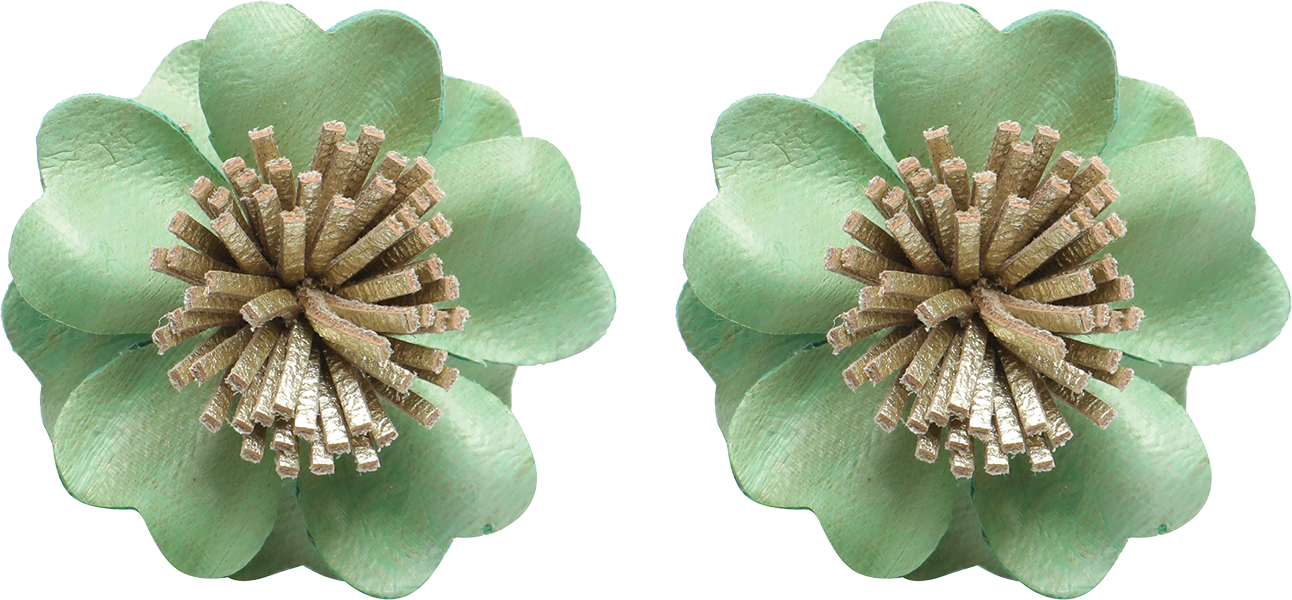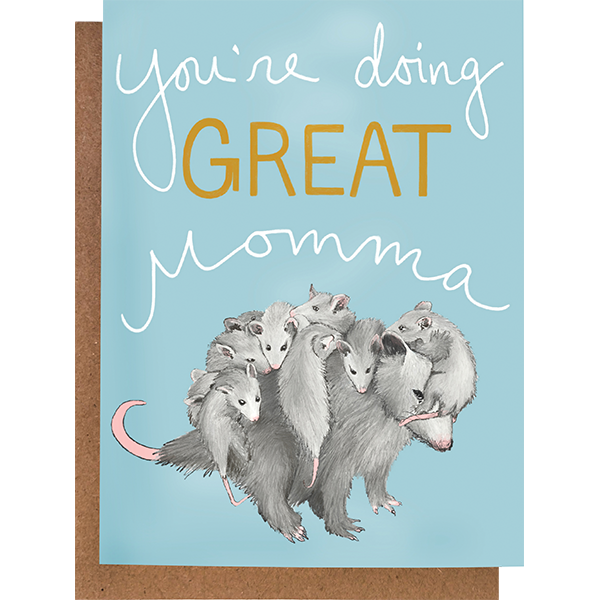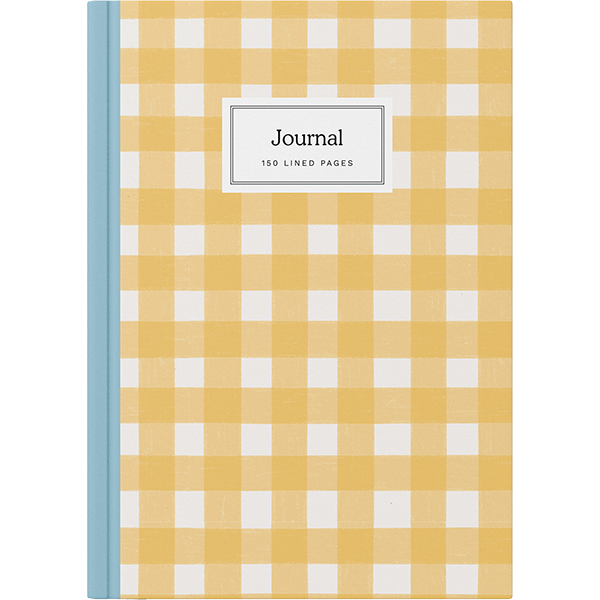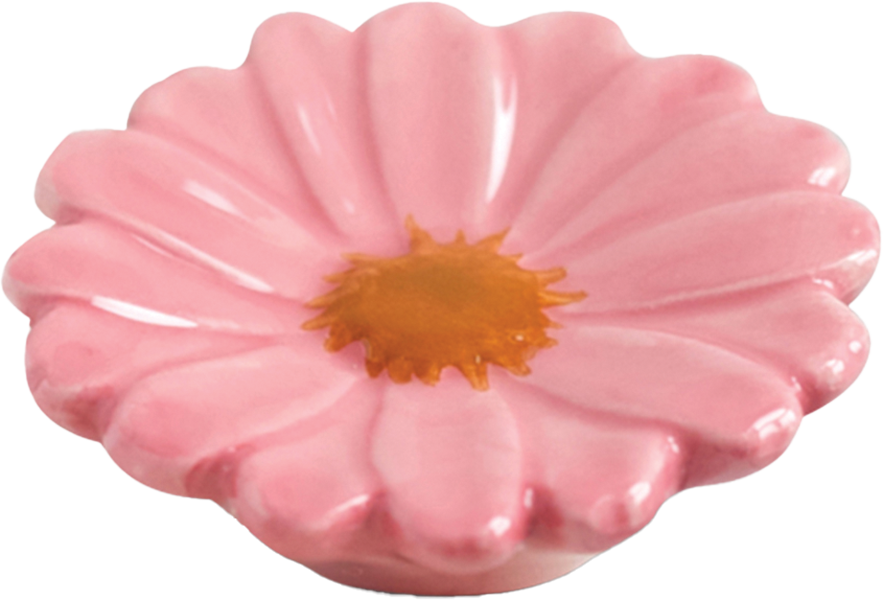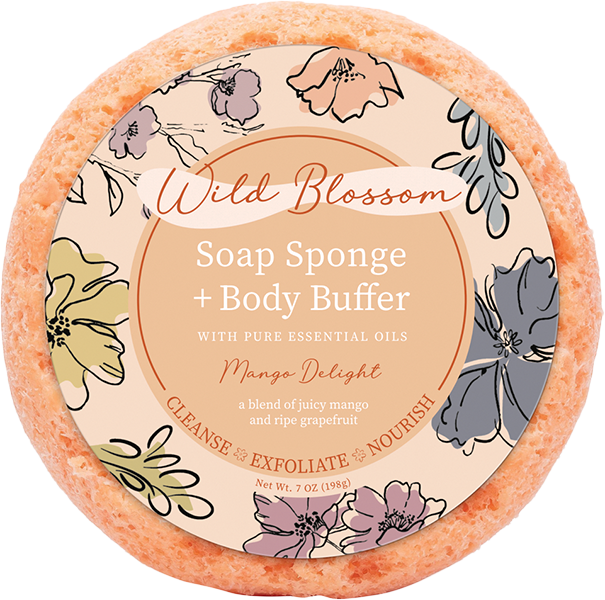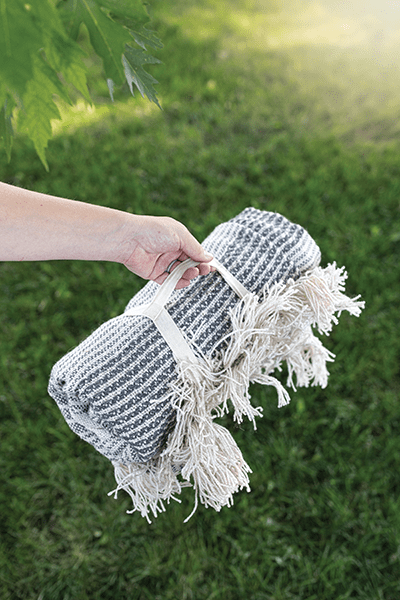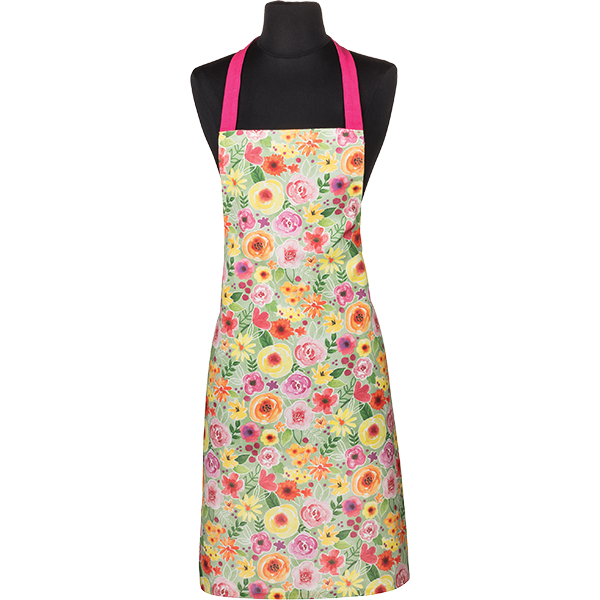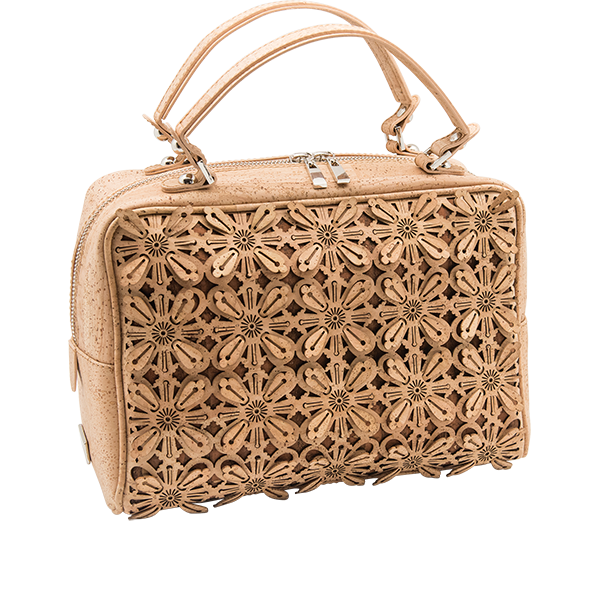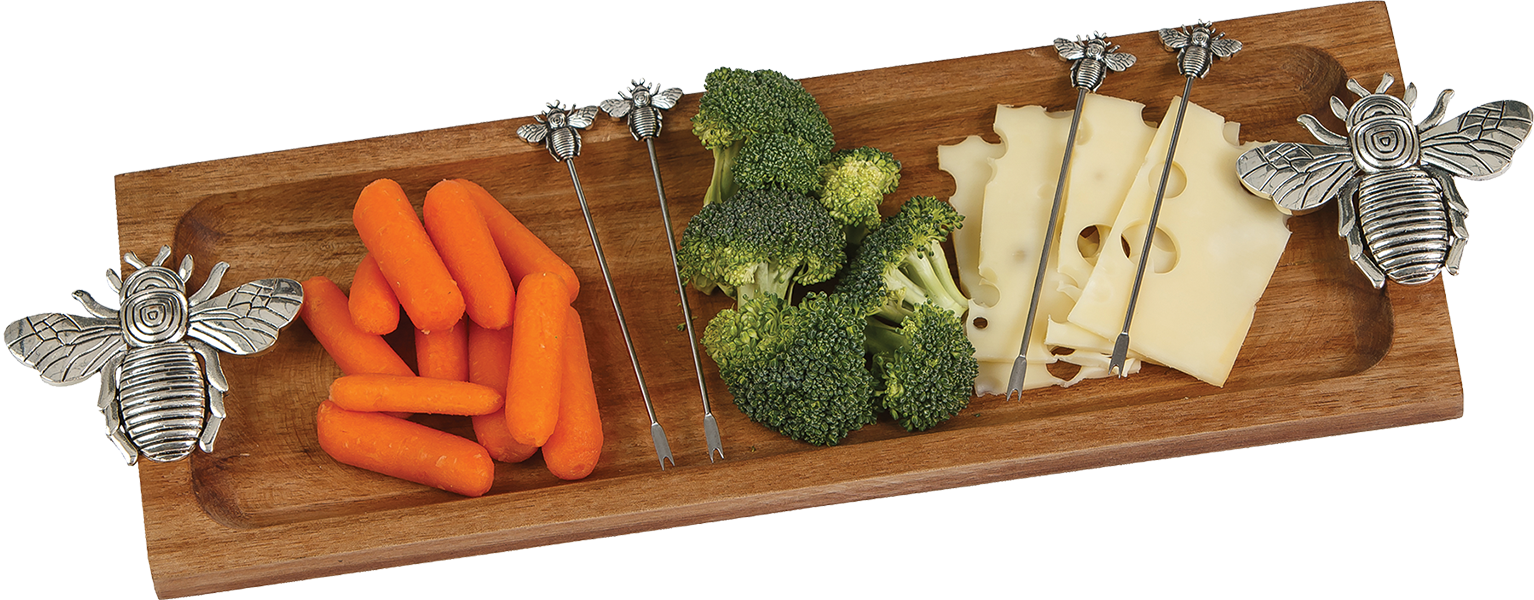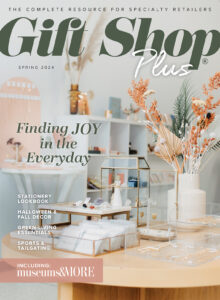Power of Loyalty
A gift shop’s bottom line can sometimes live and die by repeat business, as loyal customers come more frequently and typically spend more on a given visit. That’s why savvy retailers take part in some sort of loyalty program that connects an individual to the store and shows the retailer’s appreciation to them.
Kit Yarrow, PhD, writer of GEN BUY: How Tweens, Teens, and Twenty-Somethings are Revolutionizing Retail encourage retailers to call them “Rewards” not “Loyalty” programs because people are more apt to participate if a reward is involved.
“People don’t go shopping as much today as they once did, as online shopping has replaced a lot of that, but gift stores typically have things that people want and need, so you really need to give people an incentive to go,” she said. “That’s why a loyalty program or a rewards program is important. People need to have a reason to remember your store and go there again.”
She noted that shopping online allows people to compare prices and it’s easier to see different items, but gift stores can bring these customers in by showing them that they are special to them — and that’s done with specials geared towards them because they are a loyal customer.
“To get people to come in regularly, and get people to make some impulse purchases, I’ve found that rewards will do the job,” Yarrow said. “Consumers tend to act to prevent losing something they already have more often than to get something they don’t have.”
So, if retailers were to send their loyal customers a $10 coupon that could be redeemed at the store for anything over $30, that is seen as money they have and they will often come in before they lose it. She says that’s much better than just saying you get 10% off something at the store.
Depending on the age of someone shopping at the store, Yarrow recommends having a punch card that customers will earn punches on and eventually rewards, or if the store owner is tech savvy, coming up with an app that customers can use.
“People will make a point of coming in if they know they get specials each month by having their card punched,” she said. “You can even sell the card for $10, and offer loyal customers special savings each time they use the card, where the card would basically pay for itself in just one or two visits.”
Chane Steiner CEO of Crediful, a resource for retailers on finances, says the main value of a rewards program for retailers is customer retention and this is especially crucial for smaller independent retailers, since it persuades people to revisit the store, even if there are closer options.
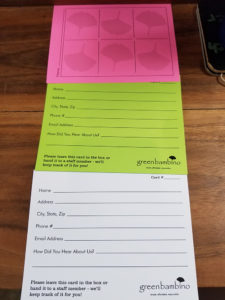
“The goal is to keep them wanting to come back because they know they will save money on their next shopping trip,” he said. “The second key advantage of a rewards program is increased cart size. This means that people are more likely to purchase more on each visit because the rewards program acts as a motivator.”
For example, a customer will likely purchase a gift item they normally wouldn’t if they are going to get a discount on a different item.
Green-Bambino, a boutique store in Oklahoma City specializes in earth-friendly products and has found success with a rewards programs based on the popular 6-Box frequent buyer program.
Morgan Harris, owner of the store, explains the program involves taking an index-size piece of paper and writing a customer’s name on the front and drawing six boxes on the back and filling in each one with the purchase price every time they come to the store.
“You write in the number minus sales tax, and once all six boxes are filled, the customer will get 5% back on their first card, and 10% back for every additional card in perpetuity, plus they earn other perks and specials once they hit card two,” Harris noted. “I keep the cards in the store, so customers never have to worry about losing them, and 95% of those who come into my store take part.”
That’s a huge number because she notes the most important part of any rewards program is collecting customers’ information.
“What I like about this method is it enables me to reward how much someone spends and how often they visit,” Harris said. “Many times there are customers who may not spend a lot but they are incredibly loyal and come back time and time again. I would argue they are almost more valuable because they are telling their friends and are with you for years. I want to make sure they are being rewarded as well.”
Teaming Up
Some small retailers have been signing up for their city’s Keep It Local card, which allows shop owners a way to be part of a rewards program without creating their own. The way it works, is consumers can buy a card for $15 and use it in numerous shops that display the Keep It Local insignia in their stores. Simply showing the card gets them discounts.
For example, Odds and Ends, a Lubbock, Texas, store which offers unique, one-of-a-kind gifts and home décor items, wanted to give customers a chance to earn specials in their store but didn’t think offering their own rewards card would do very well.
“We are very passionate about shopping local and by taking part in this program, we thank our customers who continue to come back,” said Makenzie Keneda, co-owner. “It gives consumers savings and that makes them happy, and many of them return.”
Similar programs are available in different cities around the United States.
Yarrow noted that coming up with creative ideas is also a good concept for anyone offering a rewards program. For instance, those who have come in a certain amount of time within a year can come in for a special shopping day for loyal customers only, with a cocktail party as part of it.
“People like to be in the ‘club’ and feel special,” she said. “They want to feel valued for being loyal to you so you need to make sure you are giving them something they can’t get elsewhere.”

